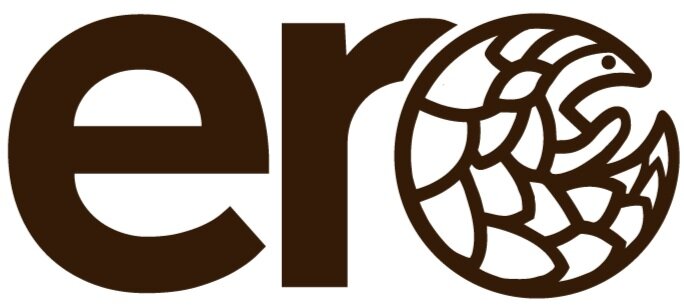Stop using pangolins in Traditional Chinese Medicine, experts say
Pangolins should not be used in traditional Chinese medicine (TCM) as there are cheaper and more sustainable alternatives, said Malaysian Chinese Medical Association general secretary Dr Kong Why Hong.
“Pangolin flesh and boiled pangolin scale soup are consumed to treat abscesses, improve blood circulation, increase lactation, reduce menstrual pain and treat skin rashes, ” said Kong.
“But we have many herbal alternatives to treat these conditions, such as coptis (goldthread root) for detoxing, dong quai (female ginseng) for improving blood circulation and lu lu tong (sweetgum fruit) to increase lactation, ” said Kong, who has been a TCM practitioner for over 20 years.
“There are so many other choices which are cheaper and easy to find. Since pangolins are now classified as an endangered species, it is not a must to consume pangolins and their parts.”
Pangolins, he added, were lauded as having medicinal properties in Chinese medicine but consumers should take into consideration ethics and existing laws.
“We know that animal extinction will trigger ecological problems and there are so many other choices, ” he said.
“So, it isn’t necessary to consume or promote the consumption of pangolins – not just as TCM practitioners but as human beings.”
High demand for pangolins for consumption and TCM purposes has led to a drastic reduction in its population.
RELATED: Trafficked to Extinction – GERC’s global investigative report on pangolin smuggling
The International Union for Conservation of Nature estimates that over a million pangolins have been hunted from 2004 to 2014.
Another TCM practitioner in Petaling Jaya said the lack of knowledge about TCM alternatives contributed to the demand.
“Pangolins aren’t a popular option any more due to its status as a protected animal. That has made it rare and costly, ” said the TCM practitioner, who requested anonymity.
“But some people are still willing to pay for it as pangolins and its parts have been marketed as being very effective in treating certain ailments, ” he said.
TCM practitioners and sellers, he added, could play a role in helping to protect the endangered animal by advising their customers against using pangolin scales.
“We tell them that it is illegal to consume pangolin parts and that we don’t sell them. Then, we prescribe alternatives that work the same, ” he said.
Pangolins are frequently poached in Malaysian forests or smuggled in from Indonesia, then transported to China through Thailand, Laos and Vietnam.
On Sept 25, R.AGE released an exclusive report on how police officials in Malaysia were involved in the pangolin smuggling trade. Following the report, Inspector-General of Police Tan Sri Abdul Hamid Bador and the Malaysian Anti-Corruption Commission both announced separate investigations into the issue.
This article was first published in The Star.

